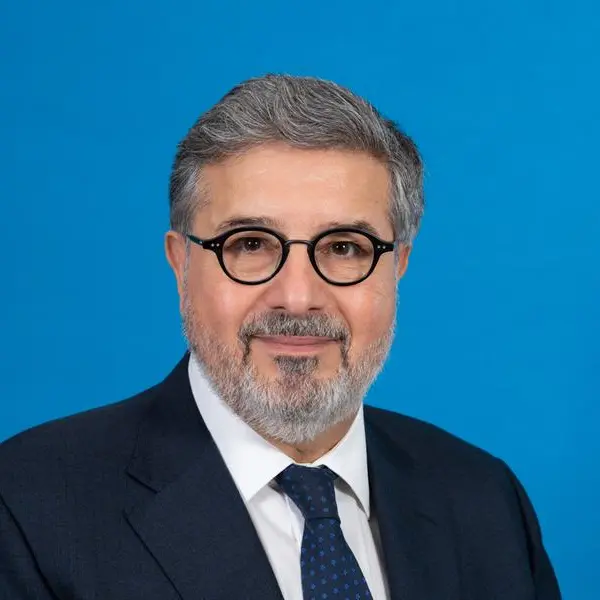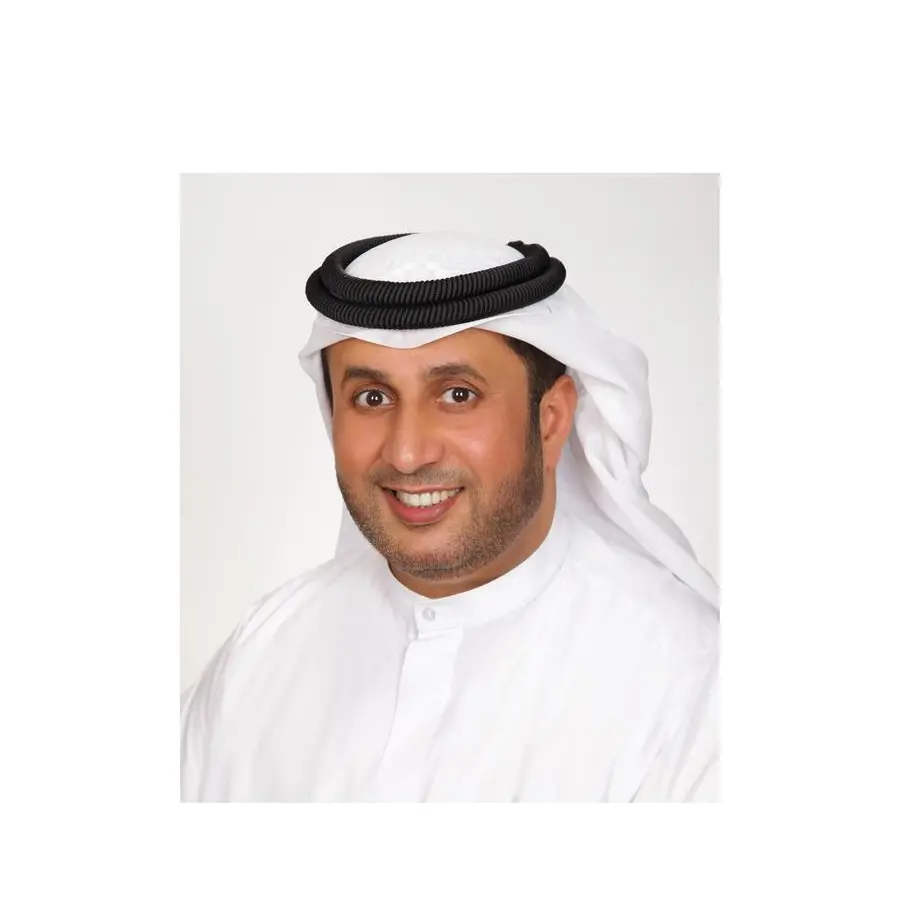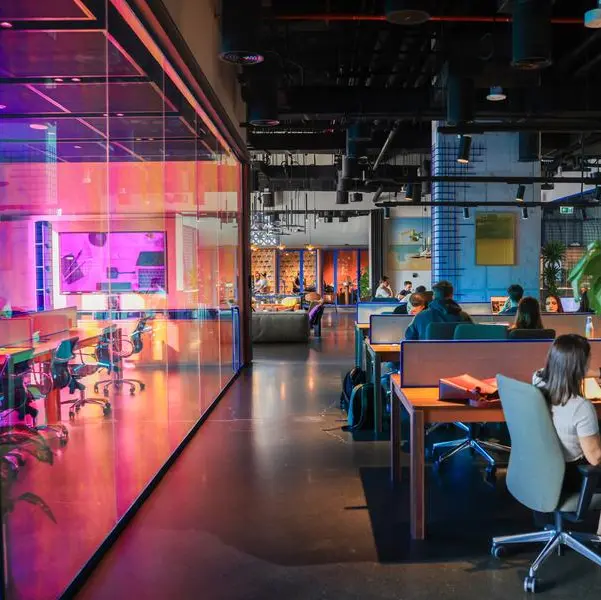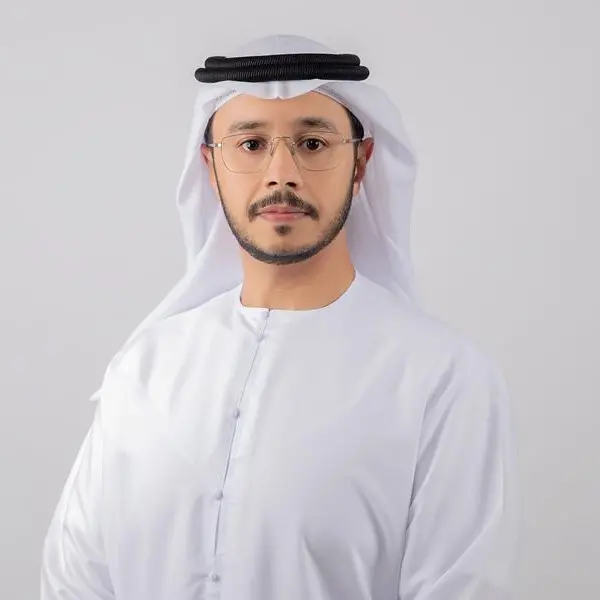Dubai, United Arab Emirates: – The Ministry of Climate Change and Environment (MOCCAE) has entered into a Memorandum of Understanding (MoU) with Essa Al-Ghurair Investment (EGI) to collaborate on the National Carbon Sequestration Project. Her Excellency Mariam bint Mohammed Almheiri attended the signing ceremony, the Minister of Climate Change and Environment, and His Excellency Essa Abdullah Al Ghurair, the Chairman of Essa Al-Ghurair Investment.
This MoU supports the UAE's Net Zero 2050 initiative and seeks to ensure a meaningful contribution from both parties towards the National Carbon Sequestration Project's objectives, which include increasing the goal of planting mangrove trees in the country to 100 million by 2030.
Commenting on the new partnership, Minister of Climate Change and Environment, HE Mariam Almheiri said: "The Ministry of Climate Change and Environment remains dedicated to cultivating collaboration and partnerships with both public and private sectors within the country, as part of its mission to address climate issues and achieve climate neutrality by 2050—which is a strategic priority for the UAE. The Ministry aims to implement sustainability-focused solutions to enhance efforts in reducing and offsetting emissions, thereby contributing more significantly to climate neutrality and reinforcing initiatives to protect environmental systems and biodiversity."
Her Excellency added: "We are delighted to collaborate with Essa Al-Ghurair Investment, which reflects the private sector's contribution to our pursuit of creating a sustainable future in the UAE. This collaboration is an excellent example of the concerted efforts of all entities in the country, utilizing innovative tools and solutions to confront climate challenges, and protect the environment."Top of Form
Bottom of Form
As per the MoU, the MOCCAE will offer technical guidance on all aspects of mangrove tree planting, including conducting soil and water studies at the planting site and providing any relevant information or documentation to improve the study level. Furthermore, the MOCCAE will focus on developing capacity-building programs for planting mangrove trees and restoring damaged ecosystems.
His Excellency Essa Abdullah Al Ghurair, Chairman of Essa Al-Ghurair Investment, said: "This initiative signifies the beginning of our journey of giving back to the UAE's environment. We will start by planting mangrove trees at a specific location chosen by both the Ministry of Climate Change and Environment and us and then expand to other areas. We hope this endeavor creates opportunities for various segments of society, including school students, residents, tourists, and others. Our goal is to educate future generations about the significance of mangrove trees and safeguard the UAE's environmental wealth."
To realize the MoU's objectives, EGI’s management will support the initiative by planting 500,000 to 1 million mangrove tree seeds and seedlings over the next decade.
To achieve this ambitious target for the UAE by 2030, the MOCCAE is working with its partners within an integrated system to implement the National Carbon Sequestration Project's activities, working alongside public and private sector institutions and international non-governmental organizations.
Mangrove trees are highly effective in absorbing and storing carbon. Numerous scientific studies and research indicate the immense capacity of mangrove trees to absorb and sequester carbon, reaching 4 to 5 times the amount sequestered by terrestrial ecosystems. In addition, mangroves serve as a safe, natural habitat for marine biodiversity,
The National Carbon Sequestration Project roadmap features four key steps: evaluating potential sites for planting mangroves, cultivating mangrove seeds and saplings, implementing a program for planting seeds and saplings at chosen locations, and monitoring and measuring planted mangroves and their carbon sequestration rates.
Mangrove trees excel in capturing and storing carbon, with numerous scientific studies highlighting their remarkable ability to absorb and sequester carbon at a rate of up to 4 to 5 times greater than terrestrial ecosystems. Furthermore, mangroves provide a safe and natural habitat for diverse marine life, with 80% of the world's fish populations relying on healthy mangrove ecosystems.
-Ends-

















